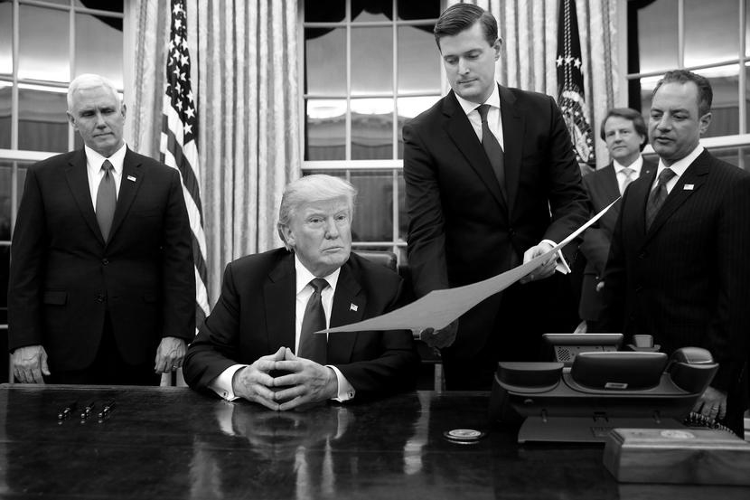Some manner of indexing would be a good idea. Mentioning in passing and getting back to it later probably isn’t the best way to collect notes like this.
Western Protestantism in the eighteenth and early nineteenth centuries was moving from establishment forms of religion, embedded in traditional, organic, premodern political economies, to individualized and affectional forms adapted to modernizing, rational, and market-oriented societies. Theological manifestations of these changes can be described in several ways. They first reoriented specific beliefs: God was perceived less often as transcendent and self-contained, more often as immanent and relational. Divine revelation was equated more simply with the Bible alone than Scripture embedded in a self-conscious ecclesiastical tradition. The physical world created by God was more likely to be regarded as understandable, progressing, and malleable, than as mysterious, inimical, and fixed. Theological method came to rely less on instinctive deference to inherited confessions and more on self-evident propositions organized by scientific method.
Theological changes of the eighteenth and nineteenth centuries also involved a shift in meaning for key concepts that operated in both religious and political life, for example, “freedom”, “justice”, “virtue”, and “vice”. For theology, the process at work was the same as Gordon Wood once described for intellectual developments more generally: “Although words and concepts may remain outwardly the same for centuries, their particular functions and meanings do not and could not remain static—not as long as individuals attempt to use them to explain new social circumstances and make meaningful new social behavior.” In America as much was happening in theology from new meanings given to old words as from the introduction of new vocabularies.
(Noll, 4)
And it is one thing to say that American Christendom has been transitional pretty much the whole time, but that might not be the question in and of itself. Noll describes a dynamic, oft-unmoored, and even undisciplined synthesis, but it is synthesis nonetheless, and it is virtually impossible to pretend stasis is even possible in this context.
The question of redefinition can orbit its inspiration, or perhaps that, too, is wrong. In any case, the diminishment of “self-conscious ecclesiastical tradition” can also occur in a context of increasing self-assertion, so that new meanings given old words might become more neurotic than religious or theological, as priorities of redefinition become more proximal and personal.
[Noll, Mark. America’s God: From Jonathan Edwards to Abraham Lincoln. New York: Oxford University Press, 2002.]
![Newest Manga Recommendations: - If you liked "In Another World With My Smartphone" (Light Novel) - You might like "Lazy Dungeon Master" (Light Novel) [via Anime-Planet.com, 22 February 2018]](https://bdrepository.files.wordpress.com/2018/02/animeplanet-20180222-mangarec-anotherworldsmartphone-lazydungeonmaster-detail.png?w=1108)
